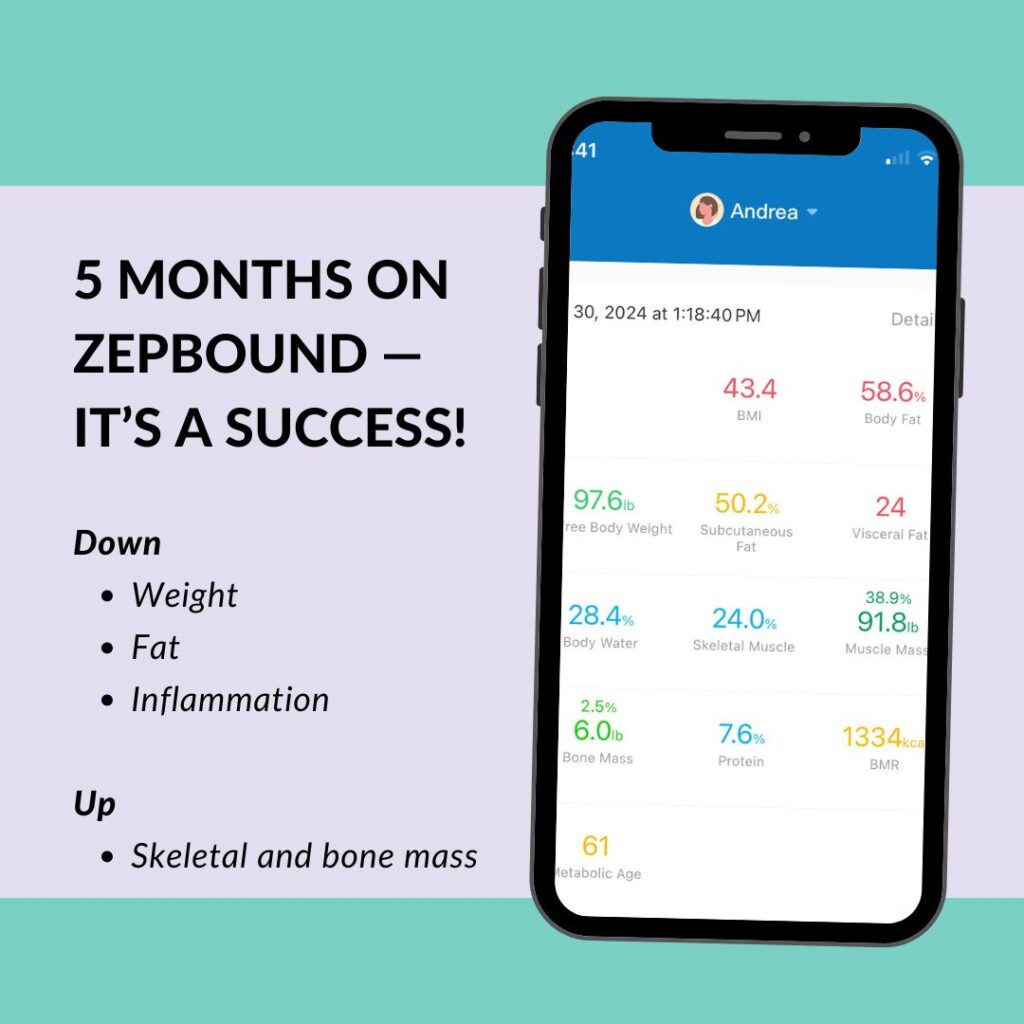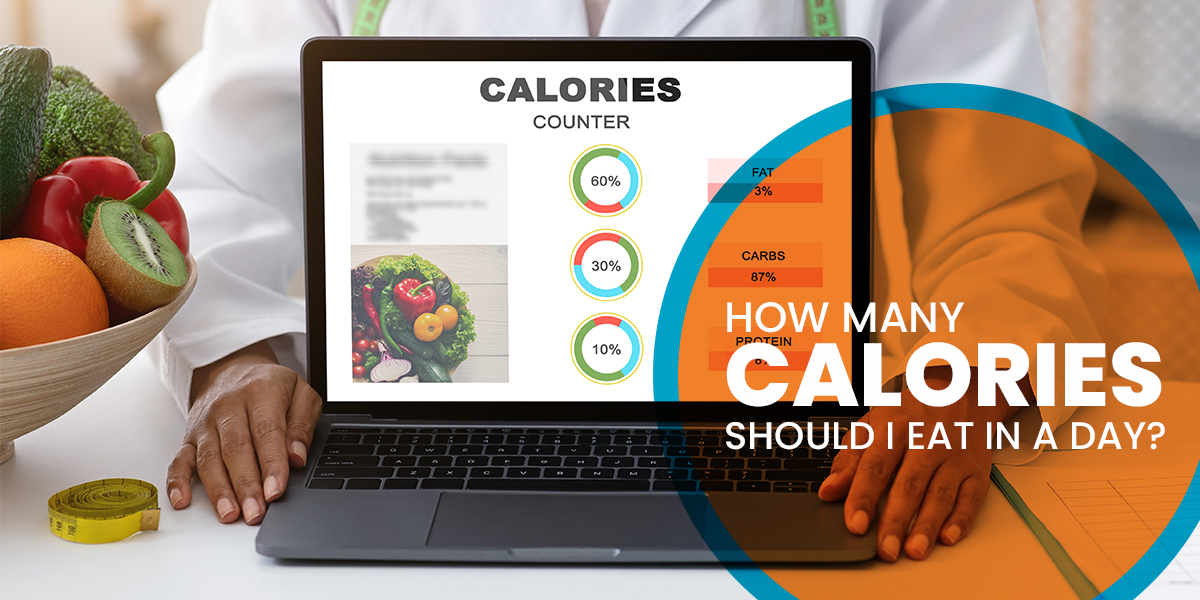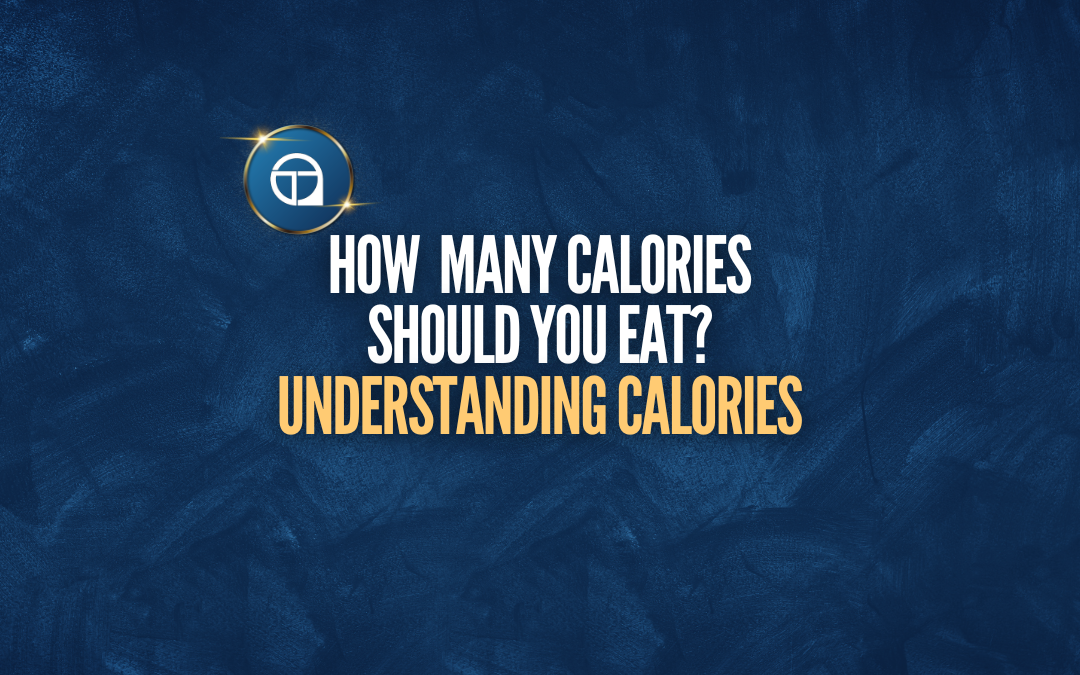How Many Calories Should I Eat On Zepbound

The arrival of Zepbound (tirzepatide) on the weight management scene has sparked considerable interest, offering a promising new avenue for individuals struggling with obesity. However, alongside the excitement comes a crucial question: how many calories should one consume while taking this medication? This isn't a simple, one-size-fits-all answer, as individual needs and circumstances play a significant role.
Determining the appropriate caloric intake while on Zepbound requires a nuanced approach, considering factors such as baseline metabolic rate, activity level, existing health conditions, and the specific goals of the weight management journey. While Zepbound aids in appetite suppression and improved glycemic control, it's not a magic bullet; dietary modifications remain essential for optimal and sustainable results. Therefore, understanding the principles of calorie balance and personalized nutrition is paramount.
Understanding Calorie Needs on Zepbound
The foundation of any weight management strategy, including those involving medications like Zepbound, is understanding calorie balance. This essentially means consuming fewer calories than you expend, leading to weight loss. However, drastic calorie restriction can be counterproductive, potentially leading to nutrient deficiencies, muscle loss, and a slowed metabolism.
Zepbound works by mimicking the effects of incretin hormones, specifically GLP-1 and GIP, which regulate appetite, insulin secretion, and gastric emptying. This can lead to a reduced appetite and increased feelings of fullness, making it easier to adhere to a lower-calorie diet. However, it's crucial to ensure that the calories consumed are nutrient-dense and support overall health.
Calculating Your Basal Metabolic Rate (BMR)
Your Basal Metabolic Rate (BMR) represents the number of calories your body burns at rest to maintain basic functions like breathing, circulation, and organ function. Several formulas can estimate BMR, such as the Harris-Benedict equation or the Mifflin-St Jeor equation. The Mifflin-St Jeor equation is often considered more accurate.
These formulas take into account factors like age, sex, height, and weight to provide a baseline estimate of your caloric needs. Online calculators and healthcare professionals can assist in determining your BMR. This number serves as a starting point for calculating your total daily energy expenditure (TDEE).
Accounting for Activity Level
Once you've determined your BMR, you need to factor in your activity level to estimate your Total Daily Energy Expenditure (TDEE). This accounts for the calories you burn through physical activity, from daily activities like walking and chores to structured exercise.
Activity levels are typically categorized as sedentary, lightly active, moderately active, very active, or extra active, each corresponding to a different activity factor. Multiplying your BMR by the appropriate activity factor provides an estimate of your TDEE. This is the number of calories you need to maintain your current weight.
Creating a Calorie Deficit for Weight Loss
To lose weight, you need to create a calorie deficit by consuming fewer calories than your TDEE. A generally recommended deficit is 500-750 calories per day, which typically translates to a weight loss of 1-2 pounds per week.
However, it's important to note that this is a general guideline, and individual needs may vary. Consulting with a registered dietitian or healthcare provider is crucial to determine a safe and effective calorie deficit that is tailored to your specific circumstances while on Zepbound.
The Role of a Registered Dietitian
Working with a registered dietitian is highly recommended for individuals taking Zepbound. A dietitian can provide personalized guidance on creating a balanced meal plan that meets your nutritional needs while supporting weight loss.
They can also help you monitor your progress, adjust your calorie intake as needed, and address any potential nutrient deficiencies. Furthermore, a dietitian can provide education on healthy eating habits and strategies for long-term weight management beyond medication.
Individual needs can vary significantly, making personalized dietary guidance incredibly beneficial. For example, individuals with diabetes or other health conditions may require specific dietary modifications to manage their conditions effectively while taking Zepbound.
Potential Risks of Extreme Calorie Restriction
While creating a calorie deficit is necessary for weight loss, excessive calorie restriction can be detrimental to your health. It can lead to muscle loss, fatigue, nutrient deficiencies, and a slowed metabolism.
Furthermore, extreme calorie restriction can trigger binge eating and disordered eating patterns, negating the benefits of Zepbound and potentially causing long-term harm. It's crucial to prioritize a balanced and sustainable approach to weight management that focuses on nutrient-dense foods and healthy eating habits.
According to the Academy of Nutrition and Dietetics, severely restricting calories can also affect hormone levels, potentially leading to menstrual irregularities in women and decreased libido in men.
Focus on Nutrient-Dense Foods
When reducing your calorie intake, it's essential to prioritize nutrient-dense foods that provide essential vitamins, minerals, and fiber. These foods include fruits, vegetables, lean proteins, whole grains, and healthy fats.
These foods help you feel fuller for longer, preventing cravings and supporting overall health. Avoid processed foods, sugary drinks, and unhealthy fats, as they are often high in calories and low in nutrients.
A balanced diet rich in fruits, vegetables, and lean protein is crucial. Consider the quality, not just the quantity, of the calories you consume.
Looking Ahead: Long-Term Weight Management
Zepbound can be a valuable tool for weight management, but it's not a permanent solution. Long-term success requires sustainable lifestyle changes, including healthy eating habits, regular physical activity, and stress management techniques.
Work with your healthcare provider and a registered dietitian to develop a comprehensive weight management plan that addresses your individual needs and promotes long-term health. Remember, Zepbound is just one piece of the puzzle; sustainable lifestyle changes are key to maintaining weight loss in the long run.
Ultimately, the appropriate caloric intake while on Zepbound is a personalized matter that should be determined in consultation with a healthcare professional. This approach ensures that the weight management strategy is safe, effective, and sustainable for the individual, promoting both weight loss and overall well-being.


















